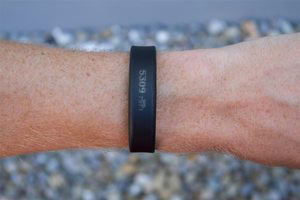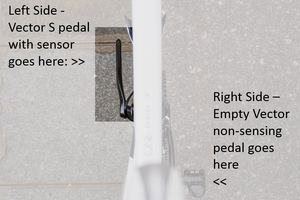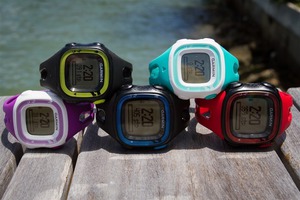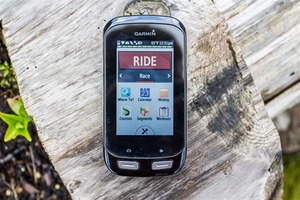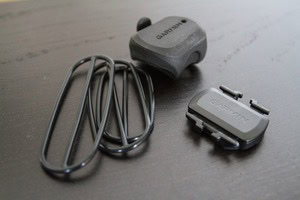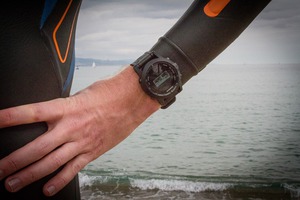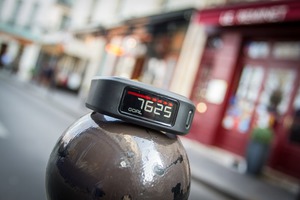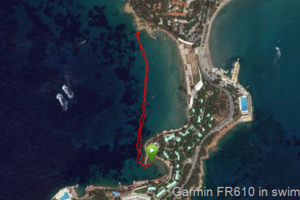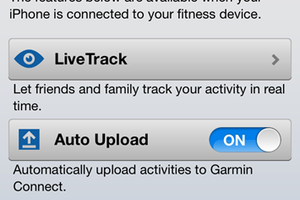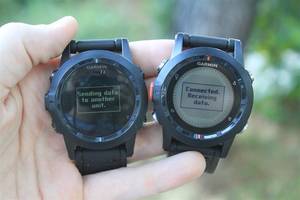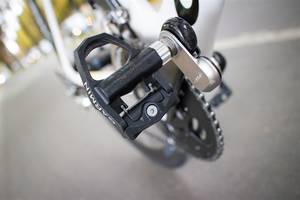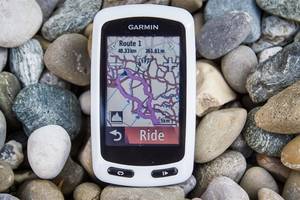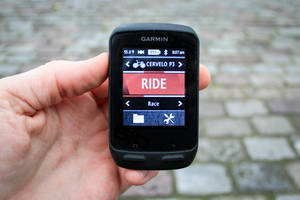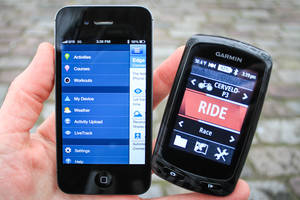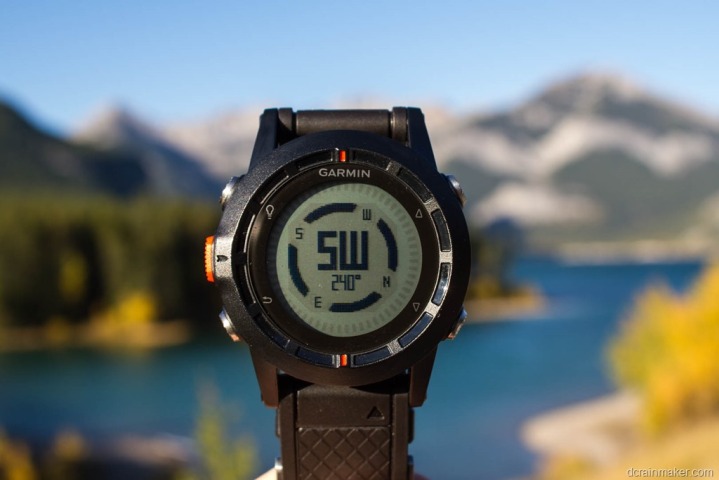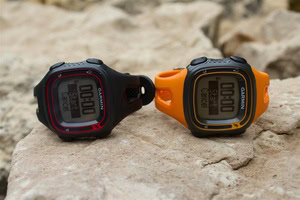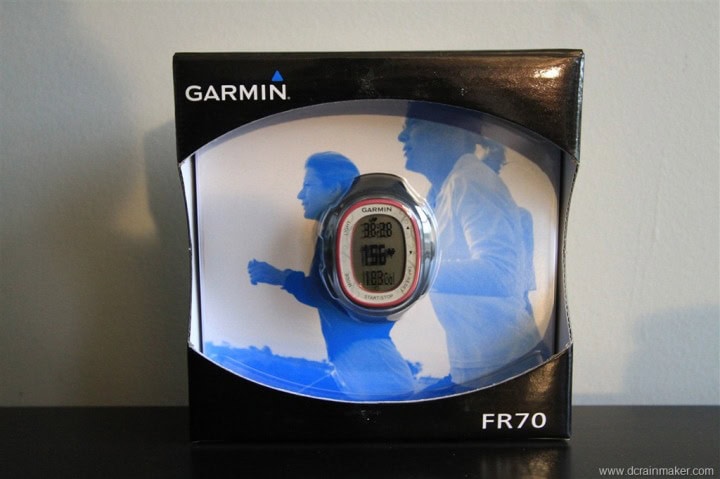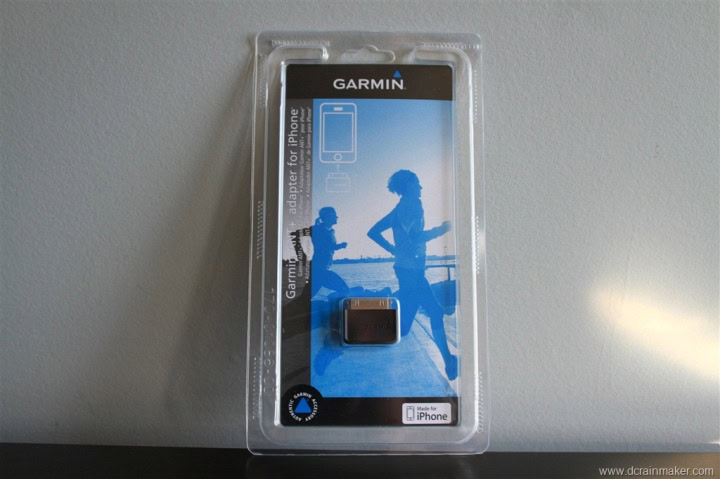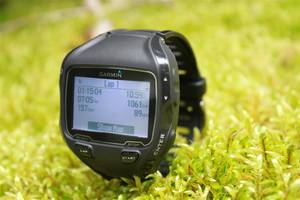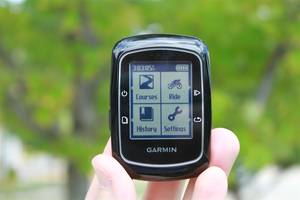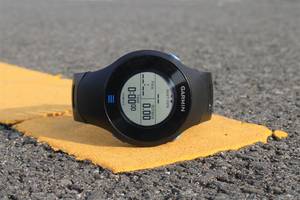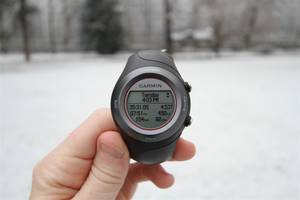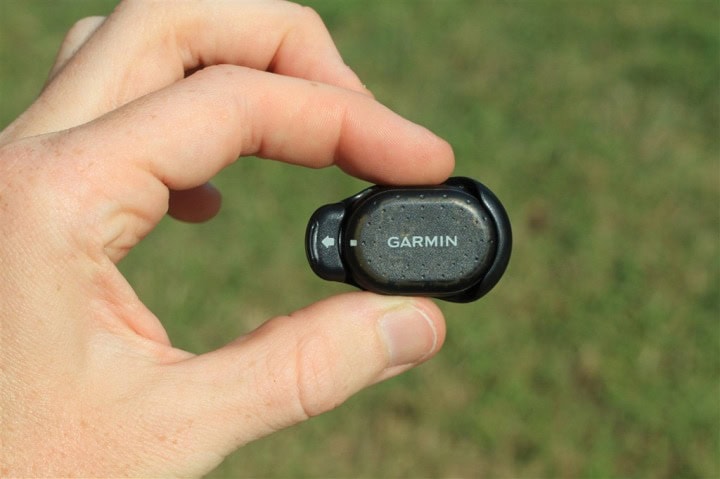I’m DC RAINMAKER…

I swim, bike and run. Then, I come here and write about my adventures. It’s as simple as that. Most of the time. If you’re new around these parts, here’s the long version of my story.

You'll support the site, and get ad-free DCR! Plus, you'll be more awesome. Click above for all the details. Oh, and you can sign-up for the newsletter here!
Here’s how to save!
Wanna save some cash and support the site? These companies help support the site! With Backcountry.com or Competitive Cyclist with either the coupon code DCRAINMAKER for first time users saving 15% on applicable products.
You can also pick-up tons of gear at REI via these links, which is a long-time supporter as well:Alternatively, for everything else on the planet, simply buy your goods from Amazon via the link below and I get a tiny bit back as an Amazon Associate. No cost to you, easy as pie!
You can use the above link for any Amazon country and it (should) automatically redirect to your local Amazon site.
While I don't partner with many companies, there's a few that I love, and support the site. Full details!

Want to compare the features of each product, down to the nitty-gritty? No problem, the product comparison data is constantly updated with new products and new features added to old products!

Wanna create comparison chart graphs just like I do for GPS, heart rate, power meters and more? No problem, here's the platform I use - you can too!

Think my written reviews are deep? You should check out my videos. I take things to a whole new level of interactive depth!

Smart Trainers Buyers Guide: Looking at a smart trainer this winter? I cover all the units to buy (and avoid) for indoor training. The good, the bad, and the ugly.
-
Check out my weekly podcast - with DesFit, which is packed with both gadget and non-gadget goodness!

Get all your awesome DC Rainmaker gear here!
FAQ’s
I have built an extensive list of my most frequently asked questions. Below are the most popular.
- Do you have a privacy policy posted?
- Why haven’t you yet released a review for XYZ product you mentioned months ago?
- Will you test our product before release?
- Are you willing to review or test beta products?
- Which trainer should I buy?
- Which GPS watch should I buy?
- I’m headed to Paris – what do you recommend for training or sightseeing?
- I’m headed to Washington DC – what do you recommend for training?
- I’m from out of the country and will be visiting the US, what’s the best triathlon shop in city XYZ?
- What kind of camera do you use?
-
5 Easy Steps To The Site
In Depth Product Reviews
You probably stumbled upon here looking for a review of a sports gadget. If you’re trying to decide which unit to buy – check out my in-depth reviews section. Some reviews are over 60 pages long when printed out, with hundreds of photos! I aim to leave no stone unturned.
Read My Sports Gadget Recommendations.
Here’s my most recent GPS watch guide here, and cycling GPS computers here. Plus there are smart trainers here, all in these guides cover almost every category of sports gadgets out there. Looking for the equipment I use day-to-day? I also just put together my complete ‘Gear I Use’ equipment list, from swim to bike to run and everything in between (plus a few extra things). And to compliment that, here’s The Girl’s (my wife’s) list. Enjoy, and thanks for stopping by!
Have some fun in the travel section.
I travel a fair bit, both for work and for fun. Here’s a bunch of random trip reports and daily trip-logs that I’ve put together and posted. I’ve sorted it all by world geography, in an attempt to make it easy to figure out where I’ve been.
My Photography Gear: The Cameras/Drones/Action Cams I Use Daily
The most common question I receive outside of the “what’s the best GPS watch for me” variant, are photography-esq based. So in efforts to combat the amount of emails I need to sort through on a daily basis, I’ve complied this “My Photography Gear” post for your curious minds (including drones & action cams!)! It’s a nice break from the day-to-day sports-tech talk, and I hope you get something out of it!
The Swim/Bike/Run Gear I Use List
Many readers stumble into my website in search of information on the latest and greatest sports tech products. But at the end of the day, you might just be wondering “What does Ray use when not testing new products?”. So here is the most up to date list of products I like and fit the bill for me and my training needs best! DC Rainmaker 2024 swim, bike, run, and general gear list. But wait, are you a female and feel like these things might not apply to you? If that’s the case (but certainly not saying my choices aren’t good for women), and you just want to see a different gear junkies “picks”, check out The Girl’s Gear Guide too.
Garmin Reviews
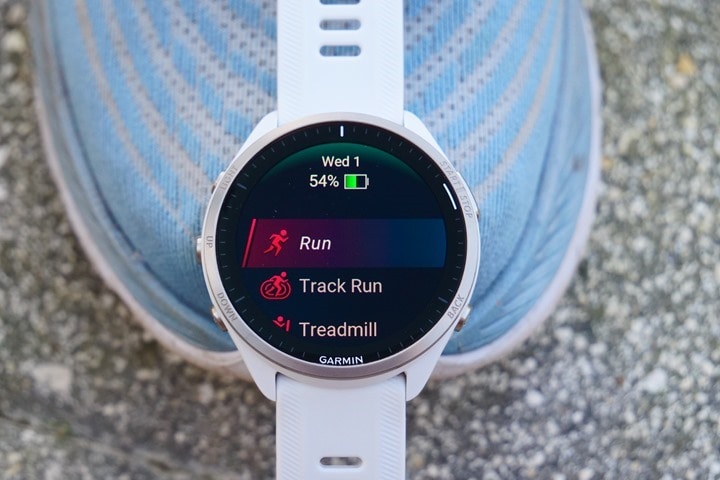
First look at Garmin’s new Vivosmart activity tracker
Today at IFA, the giant consumer-electronics focused show in Berlin, Garmin announced their latest activity monitor, the Vivosmart. This unit builds upon the Vivofit that was released earlier this year with additional features and tighter smartphone integration. I had a … Read More Here
Garmin announces Vector S: $899 power meter, also announces Cycling Dynamics
Today, at the start of the outdoor portion of Eurobike, Garmin has made two cycling specific announcements. The first is unveiling the Vector S power meter, while the second is announcing upcoming ‘Cycling Dynamics’ metrics that will be applicable to … Read More Here
Garmin Forerunner 15 GPS Watch & Daily Activity Monitor In-Depth Review
In keeping with the popular trend of adding activity monitoring to devices, back in April Garmin announced their latest running watch – the Forerunner 15 (FR15). This would take their popular FR10 budget-focused GPS running watch and then combine it … Read More Here
Garmin Edge 1000 In-Depth Review
Back in April Garmin unveiled their latest and most expensive cycling computer to date – the Edge 1000. The unit would be bigger than any previous unit, as well as add a number of new features – like included maps. But would it be worth the $600 price tag?
For the past month I’ve been poking at the new unit, getting plenty of rides in all sorts of locales and testing grounds. As such, I’ve got a reasonably good idea on where the unit shines and where it stumbles. And based on that, I’m here to give a pretty clear rundown of what I like and don’t like about the unit (and trust me, I have plenty of opinions this time).
To be clear, Garmin sent me over an Edge 1000 to start testing with until retail availability. Like always, I’ll be shipping that back to them in Olathe, Kansas in the next few days and going out and getting my own via regular retail channels. That’s just the way I roll.
Lastly, at the end of the day keep in mind I’m just like any other regular athlete out there. I write these reviews because I’m inherently a curious person with a technology background, and thus I try and be as complete as I can. But, if I’ve missed something or if you spot something that doesn’t quite jive – just let me know and I’ll be happy to get it all sorted out. Also, because the technology world constantly changes, I try and go back and update these reviews as new features and functionality are added – or if bugs are fixed. So – with that intro, let’s get into things
Unboxing:
The Edge 1000 comes packaged up in two varieties. The first boxed version comes with mostly just the unit (+ some mounts). Whereas the bundle comes with the base unit, then the speed sensor, cadence sensor, and heart rate strap.
After cracking open the box you’ll find a slew of plastic bags with parts in them. In this case, I had the bundle version – so I’ve got more plastic baggies than the non-bundle version.
Post-baggie removal process you’ll have the following collection.
Along the top row is the Edge 1000, the out-front mount (+tool/adapters), and the heart rate strap/pod.
Along the bottom row is the manual, then the cadence sensor bands, the speed sensor & cadence sensor, a bunch of standard mounts, and the micro-USB cable for charging/downloading.
Running through all the pieces briefly, the transmitter pod will pop-in the heart rate strap. The unit is the HRM3 premium strap, with the post-July 2013 firmware, so it’ll pretty significantly reduce heart rate spikes and dropouts.
Next you’ve got the out-front mount, along with two little bar adapters in case you have differing handlebar sizes. Additionally there’s a small tool seen above, plus a lanyard that you can use to further secure your Edge 1000 to the handlebars.
If the out-front mount isn’t your thing, then you’ve got two standard quarter-turn mounts that can be used on a stem/handlebars, as well as a plethora of rubber bands (only two needed per mount).
Next is the ever-exciting micro-USB cable. This is the same type of cable that’s used for virtually all non-Apple phones.
Then we have the speed sensor and cadence sensor. The speed sensor is in the upper left, and the cadence sensor in the lower left. The rubber bands are for the cadence sensor. I’ll dive into that more later.
Finally, there’s the unit itself – but, let’s not get ahead of ourselves!
Size & Weight Comparisons:
When it comes to size, the Edge 1000 takes the cake for the largest cycling computer I’ve seen to date – at least from a dimensional standpoint:
(Left to right sizing: Edge 1000, Mio Cyclo 505, Polar V650, Edge 800/810/Touring, Edge 510, Edge 500/200)
Even comparing it to just other Garmin devices, it’s quite a bit bigger in height and width:
However, it is a fair bit skinnier in depth:
But, if you were to compare it to the latest iPhone (5s), then you’ll see it’s still some bit thicker, even excluding the mount:
When it comes to weight, the Edge 1000 is the heaviest Garmin unit to date, but not quite the heaviest cycling computer on the market:
A look at Garmin’s new ANT+ Speed & Cadence magnet-less sensors
(** Update: These sensors have since been updated. Check out the newest generation Garmin Speed and Cadence Sensor V2**) While these sensors were announced a month ago at the same time as the Edge 1000, photographic information about them has … Read More Here
Garmin Fenix2 Multisport Watch In-Depth Review
It is closing on nearly two years since Garmin initially announced the first generation Fenix in June 2012. Since then the watch has transformed from what was originally seen as a hiking focused unit, to more of an ultra-runner’s unit, to finally settling in on a full-fledged multisport watch as seen now in the recently announced Fenix2.
I’ve spent the last six or so weeks with the unit, putting it through daily activities across a wide variety of sports. Last week, the Fenix2 started hitting retail outlets as the firmware moved into the production state. In the past week alone however, even further unannounced additional features have been added. Nonetheless, it’s time for my full in-depth review.
To be clear, Garmin sent me over a Fenix2 to start testing with until retail availability. Like always, I’ll be shipping that back to them in Olathe, KS, in the next few days and going out and getting my own via regular retail channels. That’s just the way I roll.
Lastly, at the end of the day keep in mind I’m just like any other regular athlete out there. I write these reviews because I’m inherently a curious person with a technology background, and thus I try and be as complete as I can. But, if I’ve missed something or if you spot something that doesn’t quite jive – just let me know and I’ll be happy to get it all sorted out. Also, because the technology world constantly changes, I try and go back and update these reviews as new features and functionality are added – or if bugs are fixed. So – with that intro, let’s get into things
Unboxing:
The Fenix2 comes boxed in two variations: One with just the watch, and one with a heart rate strap. Specifically, the HRM-RUN. I’ll dive more into the HRM-RUN later on, but it’s an important distinction compared to previous ANT+ enabled straps, as far as enabling advanced functionality on the Fenix2.
Inside the box splits into three pieces, two of which contain the goods. The third just sits there and looks pretty.
If you dump out the contents of those two boxes to the left, you’ll see the below. Note that the non-bundle version does not contain the heart rate strap (the two left pieces).
I’ll go ahead and walk through each of the components in the box.
First up, the power adapters. Note that some readers have asked what the difference is between the US and European editions are. It’s simple: It’s just the power adapter for the USB power block. That’s it. You can still use your Fenix2 with any USB port in the world, and you can still use the power adapter with a 99 cent adapter in any outlet in the world. So don’t fret too much there.
Next we’ve got the HRM-RUN heart rate strap. This ANT+ capable strap transmits your heart rate strap to the Fenix2 (as well as any ANT+ device in range that’s been paired with it). In that way, the HRM-RUN is just like any other ANT+ strap. However, it also has a secondary private channel that carries with it additional information only accessible to Garmin devices, that constitute the Running Dynamics pieces. So while you can use the Fenix2 with any ANT+ strap, you won’t get some of the Running Dynamics pieces without it. Also, it’s $40 cheaper to buy the bundle than the two separately (usually, it’s a wash price-wise).
Next, Garmin decided to toss in a fabric strap. This can be used with the screws and pieces seen below to replace the plastic strap. This is useful because it goes quite a bit larger, enabling you to place it over ski coats and the like.
You’ll use these two little incredibly sharp screwdrivers to remove the pins. It’s a two hand job. Ok, I guess that came out wrong.
Finally, we get to the watch itself. If you’re a past Fenix/Tactix user, you’ll notice a few changes up front. First, the buttons have been changed around. This (in my opinion) makes the flow much cleaner, and much easier to navigate. It also mirrors the Garmin Forerunner line. Second, you’ll notice the display is ‘inverted’, which means its white text on black background. This is non-changeable.
On the back, you’ll find the charging pins. The unit connects to a USB charger I’ll show you in a second. The reason the Fenix2 (and most other well waterproofed watches) use contacts like these to charge versus using a standard micro-USB or mini-USB port is for waterproofing purposes.
Here’s the USB charging cable. The cable can be used both to charge the unit, as well as to transfer workouts/tracks/routes/waypoints/maps/etc… Garmin provides apps for PC and Mac, but the device enumerates as a standard USB mass storage device, so that functionality will work fine on other operating systems like Linux.
The clip snaps onto the back, thus it would be able to pass the ‘ceiling fan’ test, which tests whether or not the charging clip is strongly enough attached to the Fenix2 to tie one end to a ceiling fan and turn it on. Aside from being fun, the more practical implication of this is that you can charge it on the go, without worrying about a finicky connection.
With everything unboxed, let’s see how it stacks up against other units.
Size & Weight Comparisons:
As always, I’ve combined all the competitive units in the running and triathlon segment together for you to get a feel for how they compare size-wise. Roughly speaking, the bigger ones are on the left side – and those are the ones we’re mostly comparing between.
Below, from left to right: Adidas Smart Run GPS, Suunto Ambit 2, Polar V800, Garmin Fenix2, Suunto Ambit 2R.
Next, I’ve flipped it over so you can see the depth of the units themselves.
If you look at the Fenix1 and Fenix2, you’ll see they are virtually identical. After all, they are basically twins, just not identical twins. On the visible side, the button layout changed. On the internal guts side, the unit received a slight change in the accelerometer to enable the swimming tracking scenarios, that wouldn’t have been fully possible with the same level of accuracy with the accelerometer that’s contained in the Fenix1/Tactix units.
And remember, these watches are part of a longer line of siblings that share nearly identical physical hardware, but change in software – from the Quatix for marine use, to the D2 for pilots.
For those that haven’t followed along on the Fenix journey, the Fenix1 actually has received substantial updates over the last 4-5 months. In fact, outside of multisport mode, power meter support (cycling), and swimming support – the Fenix1 gains almost all the features of the Fenix2. Even things like mobile phone uploads and satellite pre-caching. These features were introduced in beta recently, and will ultimately be brought to full production status on those units as well. However, neither the Fenix1 nor the Tactix will get the Fenix2-only features like swimming, multisport or power meter support. Expect to see Garmin cease manufacturing of those units by summer.
One minor little tidbit that I thought was interesting – the Fenix2 strap is slightly longer than the Fenix1 strap:
Next, while you’ll see the watch on my wrist throughout the review, I did briefly want to include what it looks like on a smaller female wrist – in this case, my wife. She’s tiny, and her wrist size is 14cm (or 5.5 inches).
She found it heavy for her, but I pretty much said the same thing when I wore it initially. She hasn’t spent any time running with it though, nor getting used to it.
Finally, when it comes to weights, here’s a lineup of the devices you’re most likely to compare:
The key difference in weight between the Fenix1 and Fenix2 really comes from the change to the back plate on the unit.
And for fun, here’s two more units you’re likely to compare:
As you can see, weight-wise they’re all basically in the same camp. Note that for the FR910XT, I had the quick-release kit on there, which likely adds a tiny bit of weight.
With comparisons done, let’s head onto actually using the product.
Garmin Vivofit In-Depth Review
Back in January Garmin decided to join the activity tracker fray and announced two related products: Vivofit and Vivoki. Vivofit would be the standard consumer-focused 24×7 activity tracker, while Vivoki would be focused on corporate wellness and primarily targeted at … Read More Here
Garmin VIRB & VIRB Elite In-Depth Review
When Garmin announced the VIRB action camera late this past summer, it represented further expansion into the outdoor market, due to it’s significant product tie-ins with other Garmin products. Most notable however, is that they’re squaring off directly against the … Read More Here
Garmin Forerunner 220 In-Depth Review
The Garmin FR220 is the company’s latest mid-range (price-wise) running watch, which succeeds the older FR210 unit. The FR210 carved out the mid-range niche, ahead of a slew of competitors that have followed in its footsteps. But can Garmin jump … Read More Here
Garmin Forerunner 620 In-Depth Review
The Garmin FR620 is Garmin’s newest and most advanced running GPS watch. The unit packs in everything from WiFi to ANT+ to Bluetooth Smart, and adds a slew of new metrics and functionality. But are these new metrics a fair … Read More Here
Garmin Tactix In-Depth Review
Today Garmin announced their latest GPS watch to their ever-growing cabinet of such devices – the Garmin Tactix, which is aimed at the military crowd. The Tactix builds on the Garmin Fenix which became available a touch bit over a … Read More Here
Garmin Vector In-Depth Review
I suspect in the sports technology world there was no product quite as long awaited as Vector. It’s taken years of attempted delivery dates to get to this past August, when they started shipping production units. Since being equipped with … Read More Here
Hands on with the new Garmin Edge Touring GPS bike computer
Today (well, technically last night, just barely) Garmin announced the latest addition to their bike computer lineup – the Garmin Touring. I had a chance to spend time with the product team last April and give them a bunch of … Read More Here
Garmin Edge 510 In-Depth Review
The Garmin Edge 510 is the Garmin’s latest cycling GPS computer to holistically track and manage your cycling workouts and races. It aims to build upon the Edge 500 that was released about three years ago. I’ve been using the unit for some time now and have a pretty good idea of how it stacks up against not only the older Edge 500, but also the other units in the marketplace.
Is this $329 unit worth an upgrade over past units, especially at a $75+ premium? And how do the new connectivity and social sharing features work out? Let’s dive in to find out.
Because I want to be transparent about my reviews – Garmin sent me a final production Edge 510 unit to test out, though, it’s been running beta and release candidate firmware. In the new few weeks I send them back to Garmin and then go out and get my own (to be able to support y’all in the comments section down the road). Simple as that. Sorta like hiking in wilderness trails – leave only footprints. If you find my review useful, you can use any of the Amazon or Clever Training links from this page to help support future reviews.
Lastly, at the end of the day keep in mind I’m just like any other regular athlete out there. I write these reviews because I’m inherently a curious person with a technology background, and thus I try and be as complete as I can. But, if I’ve missed something or if you spot something that doesn’t quite jive – just let me know and I’ll be happy to get it all sorted out. Also, because the technology world constantly changes, I try and go back and update these reviews as new features and functionality are added – or if bugs are fixed.
So – with that intro, let’s get into things.
Garmin Edge 810 In-Depth Review
The Garmin Edge 810 is a cycling GPS with built in mapping navigation that aims to build upon the previous edition of the unit, the Edge 800. I’ve been testing the unit for a while now, and have a pretty good grasp on how well it works and how the new features and functionality pan out.
Is this $499 unit worth the cash though? And are the new features enough to make you want to upgrade? The answer might surprise you.
Because I want to be transparent about my reviews – Garmin sent me a final production Edge 810 unit to test out, though, it’s been running beta and release candidate firmware. In the new few weeks I send them back to Garmin and then go out and get my own (to be able to support y’all in the comments section down the road). Simple as that. Sorta like hiking in wilderness trails – leave only footprints. If you find my review useful, you can use any of the Amazon or Clever Training links from this page to help support future reviews.
Lastly, at the end of the day keep in mind I’m just like any other regular athlete out there. I write these reviews because I’m inherently a curious person with a technology background, and thus I try and be as complete as I can. But, if I’ve missed something or if you spot something that doesn’t quite jive – just let me know and I’ll be happy to get it all sorted out. Also, because the technology world constantly changes, I try and go back and update these reviews as new features and functionality are added – or if bugs are fixed.
So – with that intro, let’s get into things.
Unboxing/Components:
While I received a final production unit, the unit sent to me for testing did not have the final box with it. So I’ll circle back for a proper unboxing once I’ve got a full retail kit.
Of course, I still have all the components and what’s included – so let’s dive into that.
The Edge 810 looks identical to that of its older sibling, the Edge 800.
In fact, the only visual difference between the two units is the outer case styling has “Edge 810” on it.
Like the 800, this unit features three buttons. On the left side, you’ve got the power button, which also controls the light/display options, as well as allows you to access sensor state information such as ANT+ connectivity and smartphone connectivity (as well as weather).
On the front of the unit, there are two additional buttons. The bottom-left button is for setting a lap, while the bottom-right button is for starting and stopping an activity (as well as pausing/resuming).
If you turn it over, you’ll find the USB port (mini-USB), as well as the MicroSD card for loading maps (or to use as additional storage):
The touch screen itself hasn’t changed any from the Edge 800. It’s still a full color, resistive touch screen, which means that it works just fine with gloves and the like (unlike your smart phone).
Garmin Fenix In-Depth Review
The Garmin Fenix is the first Garmin unit to blend the outdoor/hiking models with the running models. But does it win over both, or fail at both? Read More Here
Garmin Forerunner 10 (FR10) GPS watch In-Depth Review
The Garmin FR10 is the companies first almost-sub-$100 GPS watch. At a slight premium over the sub-$100 crowd, does it contain enough differences? Read More Here
Garmin Swim watch In-Depth Review
The Garmin Swim is Garmin’s first attempt at a swimming-only product. It builds on the FR910XT’s swimming functionality within the triathlon world, but can it do it all? Read More Here
A look at Garmin’s new Forerunner FR70 running watch
There are many cases where I receive a new unit and work really hard to get a full in depth review out…and there are some cases where time just doesn’t permit such an instance. And then finally, there are cases … Read More Here
Garmin iPhone ANT+ Adapter and Garmin Fit app Review
(Update – July 2013: I’ve taken the rather unusual step of actually prefacing the review with some really clear guidance: Don’t buy this. In short: It ONLY works with the Garmin Fit app, which won’t upload/download from your existing Garmin … Read More Here
Garmin Forerunner 910XT In Depth Review
(Updated: May 1st, 2013) The Garmin Forerunner 910XT represents the next generation triathlon/multisport watch from Garmin. The watch builds on many areas that the FR305 and then FR310XT had – including a slimmer profile then either of those watches, and … Read More Here
Garmin Edge 200 In Depth Review
Yesterday the Edge 200 was announced as Garmin’s latest cycling computer in the Edge lineup. Unlike past Edge series devices though, this one took a notable departure from the pattern of adding new features, and instead choose the route of … Read More Here
Garmin Forerunner 610 In Depth Review
The Garmin Forerunner 610 represents the next generation running watch from Garmin. The watch builds on many areas that the FR405 and FR410 carved out – including a slim profile and advanced workout features. But it also adds a number … Read More Here
Garmin Forerunner 410 In Depth Review
When the Forerunner 410 was introduced recently, the first question on everyone’s mind was: Has the touch bezel been improved? The second question was – how does this stack up against the current crop of GPS devices out there. Well, … Read More Here
Garmin ANT+ Foot Pods: Everything you ever wanted to know
Heads up: This is an old version, Garmin has since released the Run Dynamics Footpod. Check out that link for the full review! Thanks Tis the season when the weather goes from bad…to ugly, and as such – many folks … Read More Here

